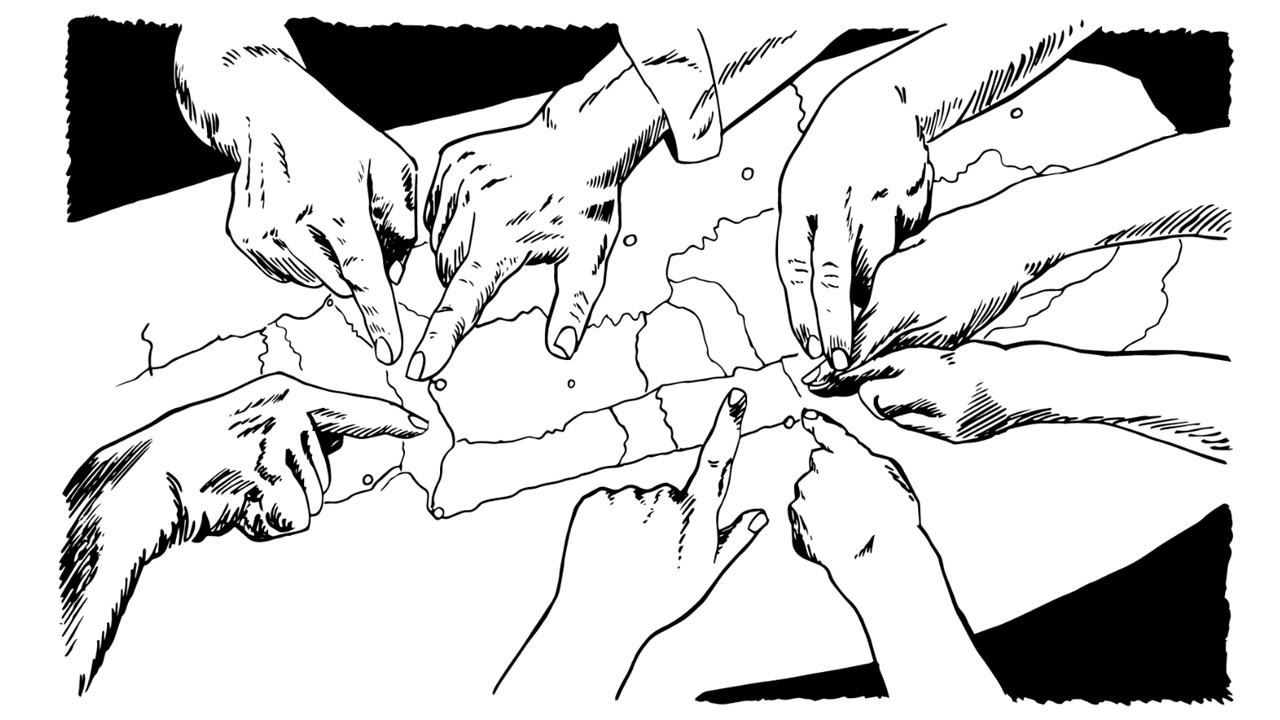Document Type
Working Paper
Publication Date
Fall 8-2024
Keywords
Congo, Genocide, M23, RPF, Rwanda, Self-Defense
Department
Institute for Genocide and Mass Atrocity Prevention (IGMAP)
Abstract
This paper examines the narratives underpinning two cases of self-defense in response to the threat or occurrence of genocide. It delves into the nuances of two movements: the Rwandan Patriotic Front in Rwanda (RPF) and the March 23 Movement (M23) in the Democratic Republic of Congo. Both movements emerged in response to perceived genocidal threats and adopted self-defense narratives to justify their actions. The paper traces the historical contexts, key actors, and agendas that shaped these movements, highlighting the RPF's evolution from a military group into a dominant political force in Rwanda, and the M23's role in protecting Tutsi communities in eastern Congo. Through this analysis, the paper reveals the continuity of self-defense tactics and narratives from the RPF to the M23, underscoring their shared motivations and strategies. However, it also underscores the complexity of disentangling self-defense claims from other contentious agendas, such as aggressive territorial expansion, human rights abuses, and the pursuit of economic interests, which often raise questions about the legitimacy of these claims. The findings suggest that while the self-defense narratives of the RPF and M23 are rooted in legitimate concerns for ethnic survival, their actions raise ethical questions, particularly regarding the humanitarian consequences and the intertwining of self-defense with personal and political agendas.
Recommended Citation
Okyere Osei, Frank and Samuel Budoi, "Self-Defense in the Face of Genocide: A Comparative Study of the Rwandan Patriotic Front and the March 23 Movement," Micro Dynamic of Mass Atrocity Working Paper Series, August 2024.
Creative Commons License

This work is licensed under a Creative Commons Attribution 4.0 International License.
Included in
Africana Studies Commons, African History Commons, Comparative Politics Commons, Race, Ethnicity and Post-Colonial Studies Commons



